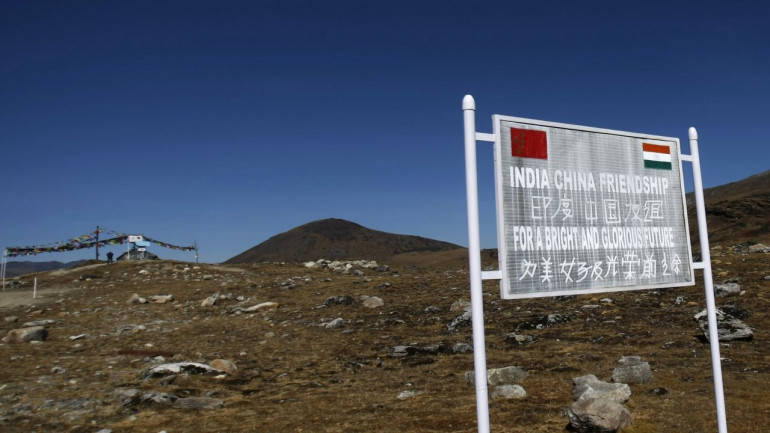Both Pakistan and China are not democracies, which means they are a lot more consistent in terms of their policies as compared to India, where we see the pressures of popular elections eclipse everything else. India is thus at a great risk of electing someone with little or no understanding of how foreign policy works and thus India making little or no progress in defining its foreign policy goals, forget about meeting them.
For example, lets compare power projection. China has given Pakistan a proven and reliable, even if modest fighter aircraft platform in JF 17. India has in the last 20 years flip-flopped several times in terms of its fleet upgradation. Manmohan government decided to procure French Mirages after 10 years of evaluation, Modi came to power and cancelled the deal. Vested interests have ensured the Tejas platform has been slow to develop. Now Lockheed Martin is lobbying for out-dated F-16s which might get the IAF nod. What if Congress comes back to power tomorrow? Will it mean the repeat of this process? It might be because being a democracy makes it really difficult for India to show consistency and transparency in these dealings.
Point is, when our adversaries know we will flip-flop on major policy issues with time, why will they negotiate with us? What will be the bases of this negotiation?
Compare the current situation in Kashmir. We had a relative calm at the border since 2003. Even when the valley erupted in protests in 2008 and in 2012, the borders were quiet, because there was consistency in messaging and an overall will to let peace endure. Now the Modi government came to power with message that it will teach Pakistan a lesson. We have a tense border situation since 2014, with almost a war like situation in border areas. So, with time, it has gone worse, instead of improving. However, people have celebrated surgical strikes as if it was a reality tv show. No one is concerned that 84 troops have died in the last 8 months in Kashmir related incidents. But it is not people’s job to understand intricacies of how peace is established, it is a leaders job. Also, India does not have a military prescription which means people dont really understand what happens in a war or how a war is fought. India last fought a war in 1971, and people only remembe that we won. They dont remember the black-outs, the threat of retribution by US and UK, etc.
My point is because we are a democracy, our next PM might be even more pro-war than Modi, which could mean only worse things for peace. All the talk about fighting a war to establish peace is non-sense. It is like going to an orgy to protect your virginity. Either you take painful steps to negotiate peace, or you wage a war to see who calls out first.
The answer is no. There are many reasons why there would be no resolution.
- The Pakistan Military – The very existence of Pakistan’s army would be in trouble if there is peace with India. The Pakistan army glorifies itself on the basis of the dreams they show their people, of reclaiming Kashmir. The Pakistani Military Complex makes huge money and almost runs a parallel economy solely on the basis of the animosity they promote against India. The shear greed and want of power and money will make Pakistani Generals to never have that truce. If, by shear miracle, the truce happens between the two countries the Pak army may have nothing else to do. This may lead to their control being relinquished and their influence on the people and politics becoming insignificant. So, this may never happen.
- The Militants – Pakistan has cultivated and nurtured many terror outfits to counter India and rage a proxy war on the name of Kashmir’s Freedom. Just like their army, the terrorist may loose motive and will turn their guns towards the very people who created them. Such is the extent of this nexus that the question of truce never comes.
- The Indian Side – The only possibility of resolving the border issue with China & Pakistan is to agree to a lot on their claims and to sacrifice a lot. This will never be a all win situation for India. India may be projected as weak and the sentiments of many people, defense forces and political diaspora will be hurt. Their is no guarantee that this weakness projected by India will not be further exploited. Also, doing this would be a political suicide for whomsoever is ruling in parliament at that time. In India, obtaining consensus on any big issue or any bold decision is next to impossible. Demonetization’s example is there for everyone to see. So even internally India may never we able to make everyone agree on this.
Summary: Because we are a democracy, I don’t think we want peace with China or Pakistan. We want glory, and victory. Even if it means war. So no deal for peace!


